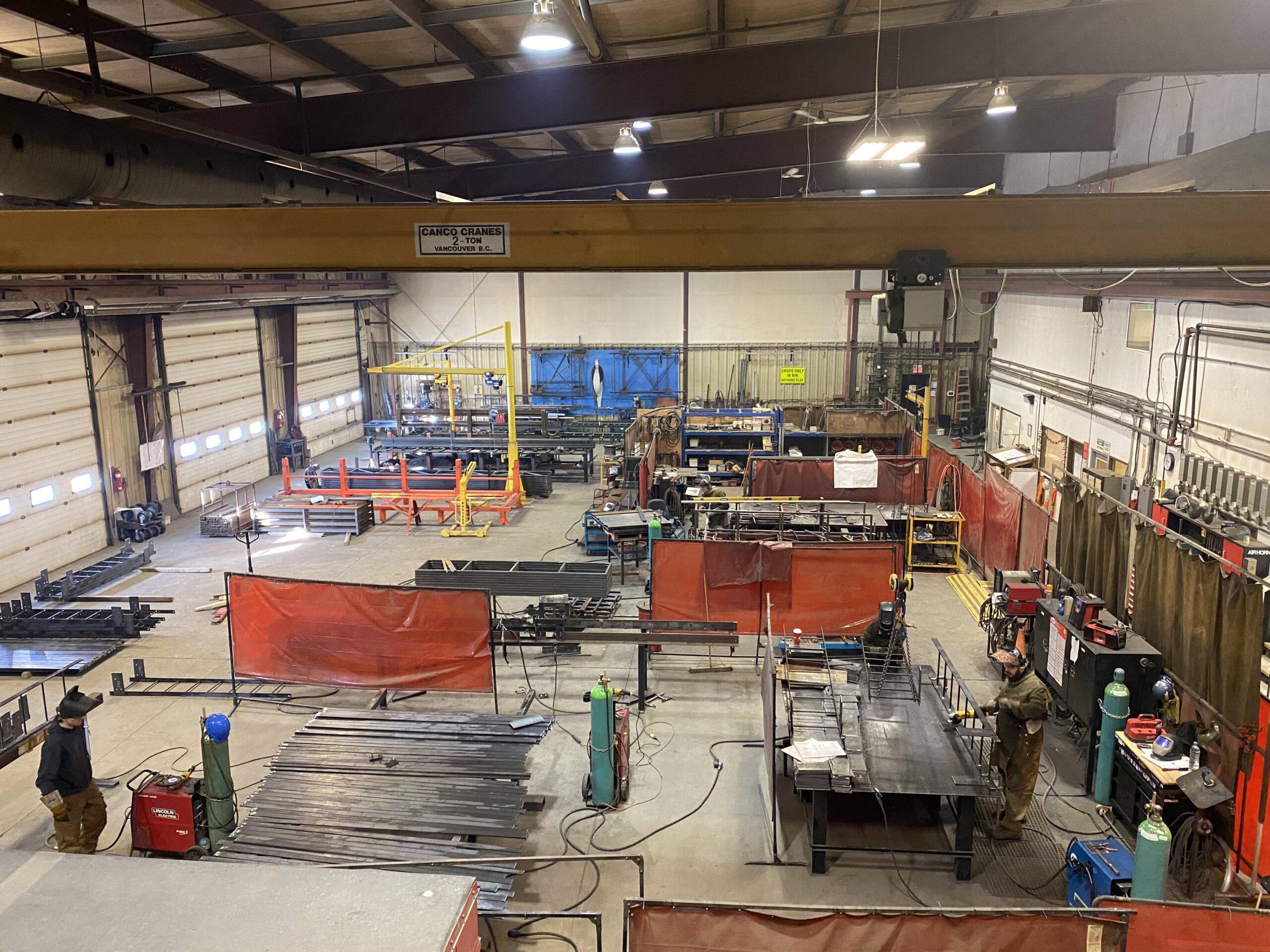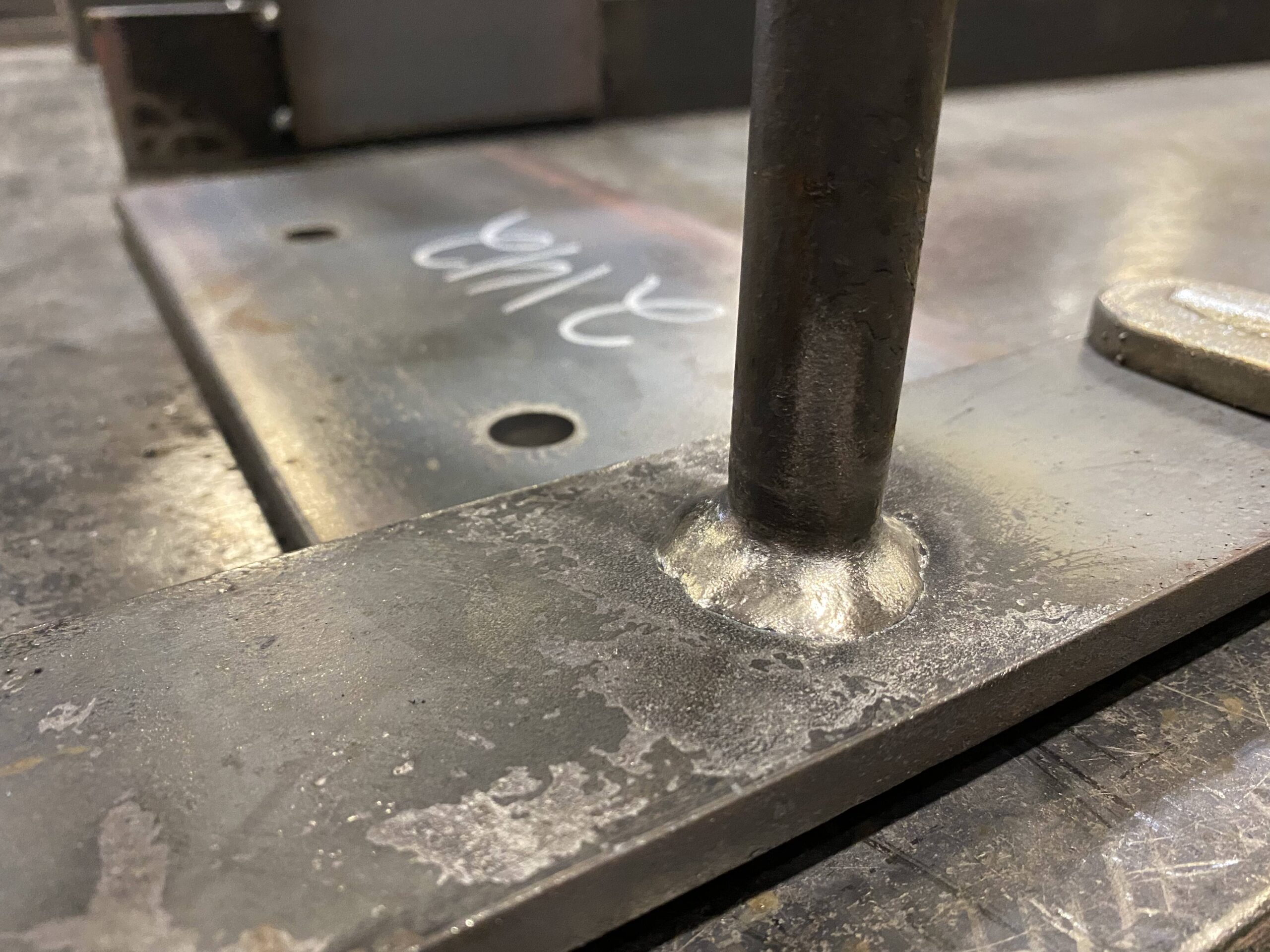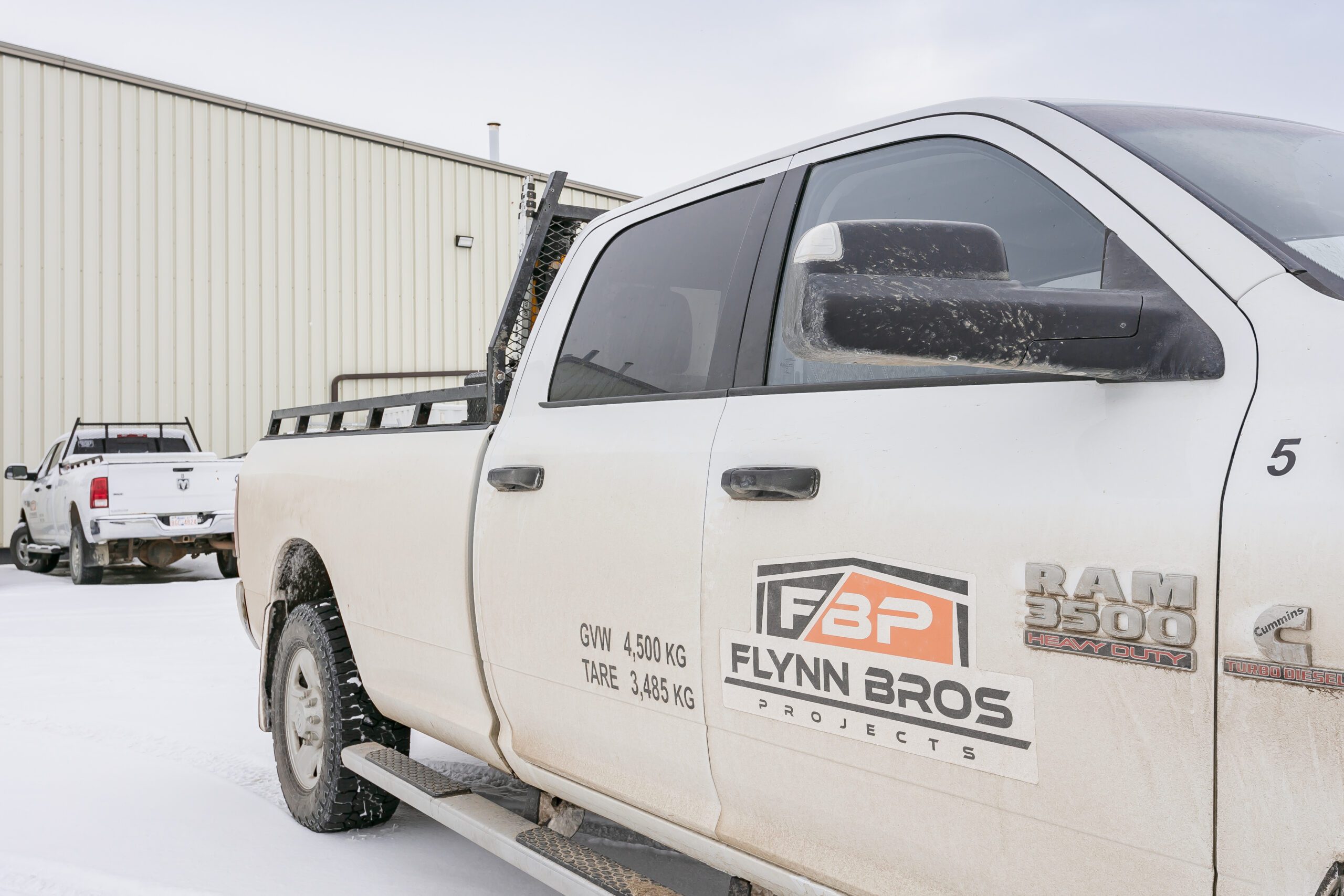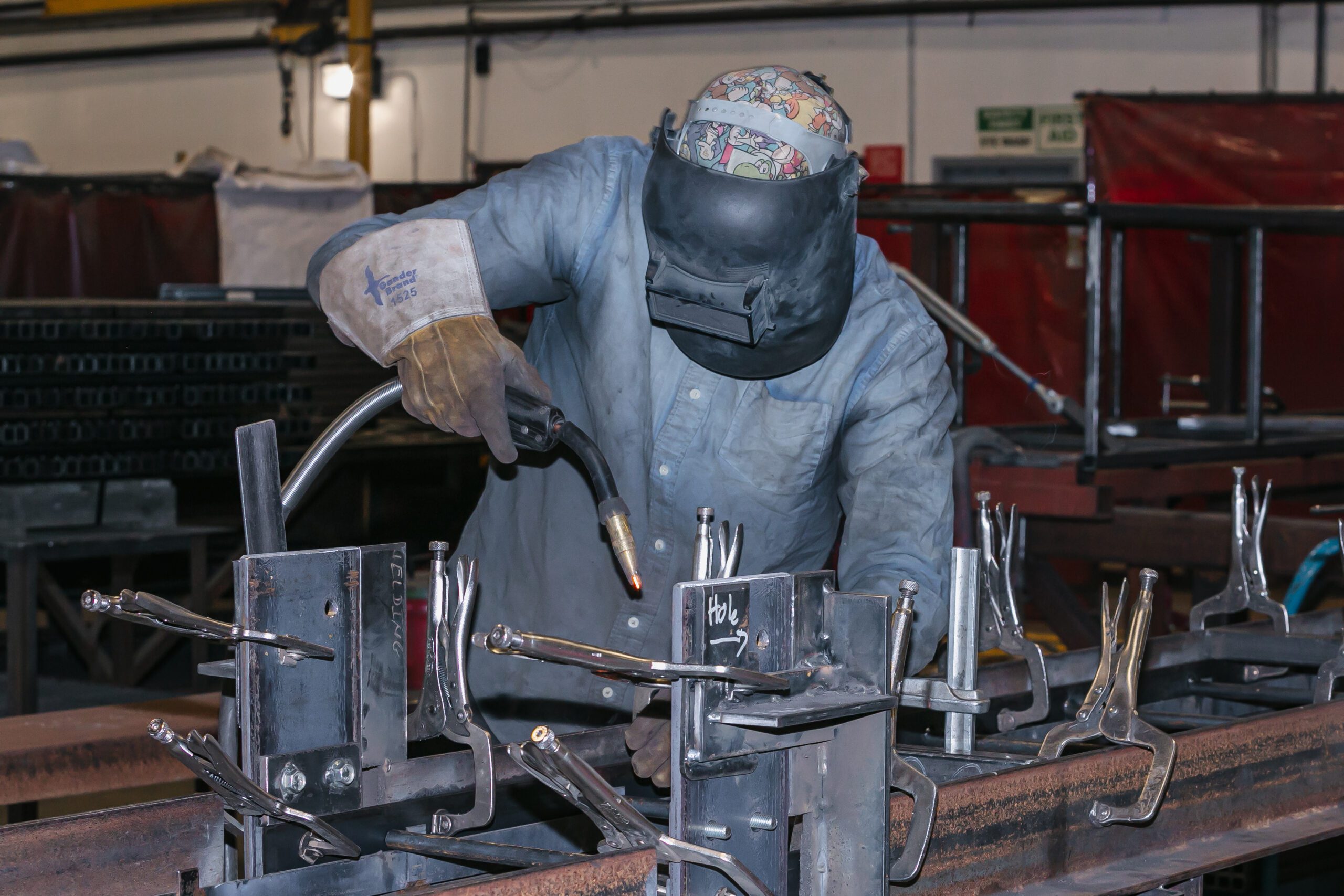Structural Steel Fabrication Types Decoded

Understanding the different types of structural steel fabrication is crucial for successful construction projects. The fabrication process involves transforming raw steel into usable components that form the backbone of structures. In this blog post, we will explore the two main types of structural steel fabrication: shop fabrication and field fabrication, along with specialized methods used in specific situations. By understanding these methods, you can make informed decisions and ensure the efficiency and quality of your construction projects.
Shop Fabrication

Shop fabrication involves cutting, bending, and assembling steel components in a controlled shop or factory environment before transporting them to the construction site. This method offers several advantages:
- Better Quality Control: Shop fabrication provides a controlled environment where quality control measures can be strictly implemented. Skilled fabricators can carefully monitor and inspect the fabrication process, ensuring that each component meets the required specifications and quality standards.
- Faster Production Times: Shop fabrication can expedite the production process since multiple fabrication tasks can be performed simultaneously in a well-equipped facility. The availability of specialized machinery and a dedicated workforce contributes to efficient production, resulting in shorter lead times.
- Cost-Effectiveness: By utilizing economies of scale, shop fabrication can be cost-effective for large-scale projects. The ability to optimize material usage, streamline processes, and minimize on-site labour can lead to significant cost savings.
However, shop fabrication also has considerations and limitations:
- Planning and Preparation: Shop fabrication requires careful planning and coordination between the design team, fabricators, and construction managers. Detailed drawings and specifications must be provided to the fabricators in advance to ensure accurate fabrication.
- Suitability for Complex Structures: While shop fabrication is suitable for a wide range of structures, extremely large or complex structures may pose challenges in transportation and assembly. In such cases, field fabrication may be a more appropriate approach.
Field Fabrication

Field fabrication involves cutting, bending, and assembling steel components directly on-site. This method offers flexibility and adaptability, making it suitable for structures that cannot be prefabricated in a shop. Key aspects of field fabrication include:
- Flexibility: Field fabrication allows adjustments to be made on-site to accommodate site-specific conditions and unforeseen challenges. The ability to modify and customize components in real-time enables greater flexibility during construction.
- On-Site Adaptability: Field fabrication is particularly useful when working in remote or challenging environments where transportation of prefabricated components may be impractical. The ability to fabricate components on-site reduces logistical complexities and allows for efficient construction.
Field fabrication considerations and limitations:
- Time and Labor: Field fabrication often requires additional time and labour compared to shop fabrication. On-site cutting, welding, and assembly can be more time-consuming, especially if adverse weather conditions or site constraints are present.
- Quality Control: While on-site inspections and quality control measures are implemented during field fabrication, they may not be as controlled and rigorous as those in a shop environment. Ensuring consistent quality throughout the construction process requires diligent supervision.
Specialized Methods

- Modular Fabrication: Modular fabrication involves constructing steel components in modules off-site and then assembling them at the construction site. This approach is particularly beneficial for projects requiring repetitive structural elements, such as multi-story buildings or extensive industrial facilities. Modular fabrication offers advantages such as enhanced quality control, reduced on-site labour, and improved construction speed.
- Plate Fabrication: Plate fabrication involves cutting and welding steel plates together to create larger structural elements. This method is often utilized for heavy-duty applications, including bridges, industrial structures, and offshore platforms. Plate fabrication enables the creation of large, robust components that can withstand significant loads and harsh environments.
Choosing the Appropriate Method
The choice between shop fabrication, field fabrication, or specialized methods depends on various factors, including:
- Project Requirements: Consider the size, complexity, and specific needs of your construction project. Evaluate whether shop fabrication or field fabrication can better meet the project requirements regarding design, timeline, and functionality.
- Timeline and Deadlines: Assess the project schedule and determine whether the speed and efficiency of shop fabrication or the adaptability of field fabrication align better with the project timeline.
- Budget Considerations: Evaluate the cost implications of each fabrication method. Consider factors such as material costs, transportation, on-site labour, and potential savings through economies of scale or streamlined processes.
- Complexity of the Structure: Assess the intricacy of the structure and the feasibility of fabricating specific components in a shop versus on-site. Complex or large-scale structures may require a combination of fabrication methods to achieve optimal results.
It is essential to consult experienced professionals, such as Flynn Bros Projects, to guide you in choosing the most appropriate fabrication method for your specific project. Their expertise can help determine the optimal balance between cost, quality, efficiency, and timeline.
In structural steel fabrication, understanding the different types of fabrication methods is key to successful construction projects. Shop fabrication offers better quality control, faster production times, and cost-effectiveness, making it suitable for a variety of projects. Field fabrication provides flexibility and adaptability for on-site adjustments and remote locations. Specialized methods like modular fabrication and plate fabrication cater to specific project requirements.
When selecting the most suitable method, consider project requirements, timeline, budget, and the complexity of the structure. Collaborating with experienced professionals like Flynn Bros Projects ensures informed decision-making and exceptional results.
Are you ready to embark on your structural steel fabrication journey? Contact Flynn Bros Projects today to benefit from their expertise and quality craftsmanship. Visit our website or give us a call at 1 (780) 939-3000 to discuss your project and request a consultation.
Trust Flynn Bros Projects for all your structural steel fabrication needs. Let us bring your vision to life with precision, efficiency, and excellence. Contact us now and experience the difference in our craftsmanship and service.
Stay Connected with Us!
Follow us on our social media channels to get the latest updates, exclusive offers, and behind-the-scenes content. Join our community and be part of the conversation!
